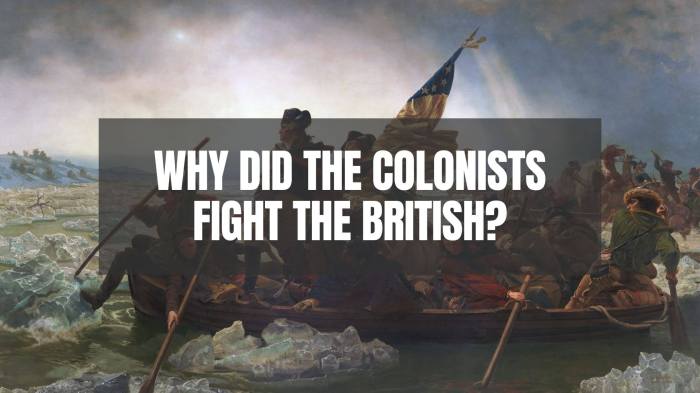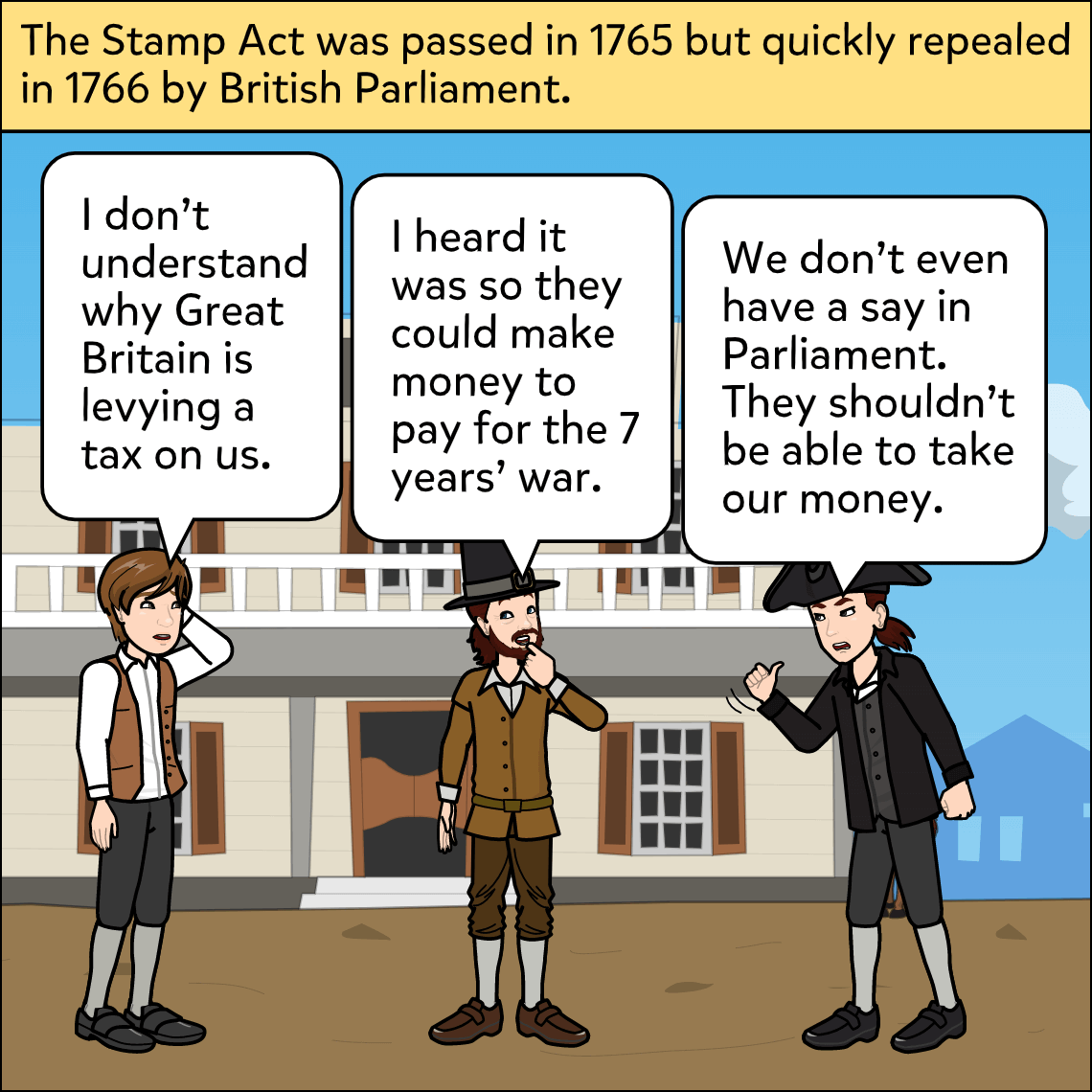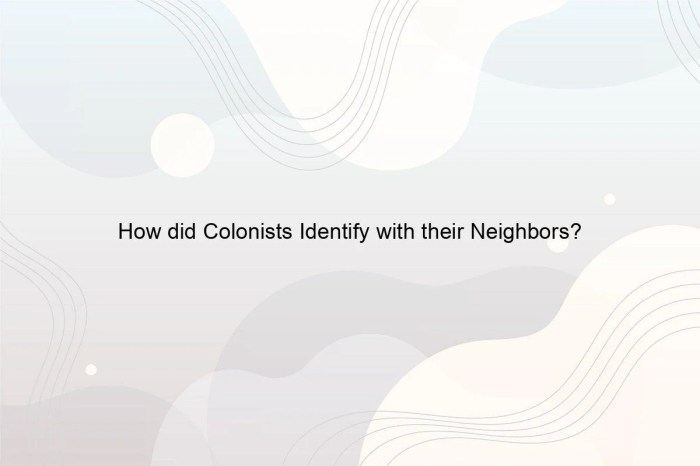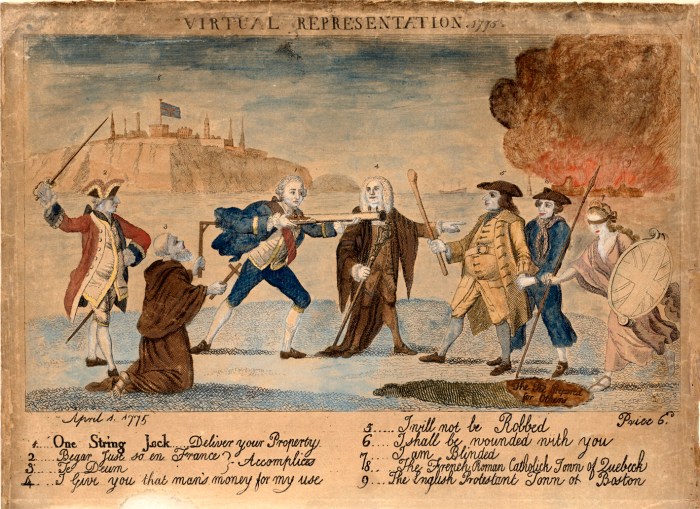How did colonists identify with their neighbors? This question delves into the complex tapestry of shared experiences, beliefs, and social dynamics that shaped the identities of early American colonists. From the shared hardships of frontier life to the unifying power of religion, colonists found a sense of belonging and community among those who lived alongside them.
This essay explores the multifaceted factors that fostered a sense of unity and connection among colonists, examining the role of shared experiences, religious beliefs, economic interdependence, social and cultural customs, political and legal frameworks, geographic factors, and historical influences.
Colonists’ Shared Experiences: How Did Colonists Identify With Their Neighbors

Shared hardships and challenges fostered a sense of community among colonists. They faced common struggles, such as harsh weather, disease, and conflict with Native Americans. These experiences forced them to rely on each other for survival and support, creating strong bonds between neighbors.
Specific Events and Circumstances, How did colonists identify with their neighbors
- The harsh winters of New England tested the limits of colonists’ endurance, but also brought them together for warmth and shelter.
- Outbreaks of smallpox and other diseases ravaged colonial communities, but also led to the establishment of quarantine measures and mutual aid networks.
- Conflicts with Native American tribes forced colonists to unite for defense, strengthening their sense of common purpose.
Religious Beliefs and Practices

Religion played a significant role in shaping colonists’ sense of identity and connection with their neighbors. Shared religious beliefs and practices created a sense of belonging and community among colonists.
Specific Religious Denominations and Practices
- The Puritans of New England emphasized communal worship and strict moral codes, which influenced their social interactions and legal system.
- The Quakers of Pennsylvania practiced pacifism and community outreach, which fostered a sense of harmony and cooperation.
- The Anglicans of the southern colonies established a hierarchical church structure, which influenced social stratification and political power.
Economic Interdependence

Economic activities and trade networks fostered connections between colonists. Shared industries and occupations brought them together, creating a sense of common interest and mutual support.
Specific Industries and Occupations
- Agriculture was the primary industry in most colonies, connecting farmers and merchants through the production and sale of crops.
- Trade routes established along rivers and coastlines linked different colonies and fostered economic cooperation.
- Artisans and craftsmen relied on each other for materials and skills, creating networks of mutual dependence.
Social and Cultural Customs

Shared social and cultural practices contributed to a sense of belonging among colonists. Traditions, rituals, and community events strengthened bonds between neighbors.
Shared Traditions, Rituals, and Events
- Town meetings were held regularly to discuss local affairs and make decisions, fostering a sense of collective responsibility.
- Religious holidays and festivals provided opportunities for colonists to gather and celebrate their shared faith.
- Community gatherings, such as barn raisings and husking bees, promoted cooperation and a sense of unity.
Top FAQs
What were some of the shared hardships that colonists faced?
Colonists faced a variety of shared hardships, including harsh weather conditions, disease, and conflict with Native Americans.
How did religion influence colonists’ sense of identity?
Religion played a major role in shaping colonists’ sense of identity. Many colonists believed that they were on a mission from God to establish a new society in the Americas, and this belief gave them a sense of purpose and belonging.
How did economic interdependence foster connections between colonists?
Economic interdependence fostered connections between colonists because it forced them to rely on each other for goods and services. This interdependence created a sense of community and cooperation.